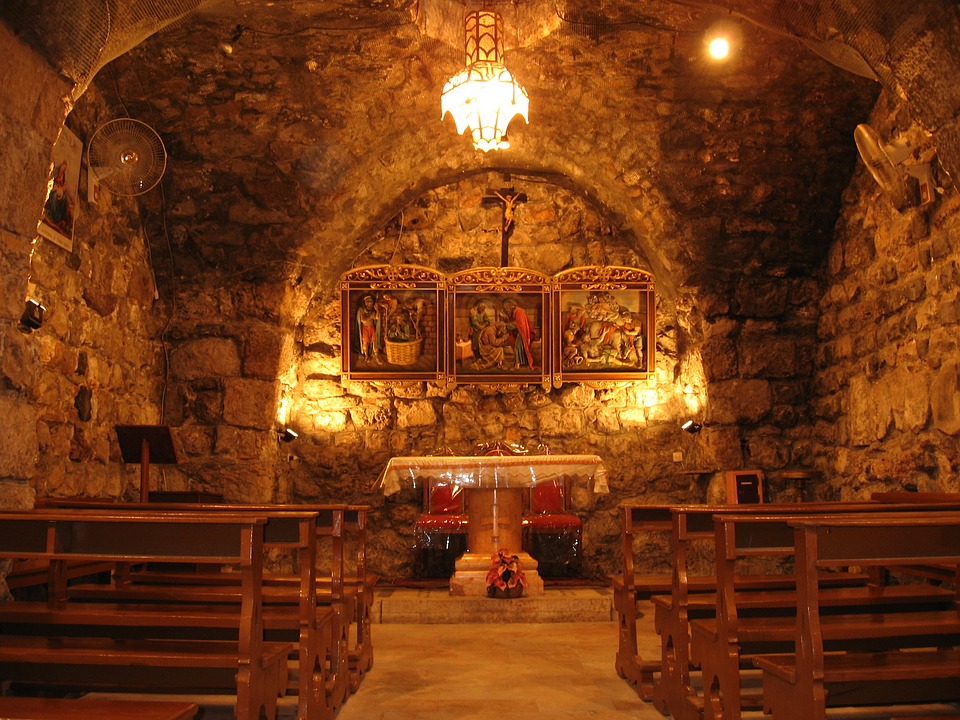Russian Soft Power in Syria

Soon after regime-backed forces liberated the ancient city of Palmyra from ISIS in 2016, Russia sent one of the country’s top orchestras to perform in the Roman amphitheatre with a defiant message. In a video screened before the music began, President Putin declared that Russia had helped save civilization from the scourge of international terrorism. On the same stage ISIS had exhibited barbarism, the Russians brought culture. More specifically, they brought Russian culture.
Even before projecting hard military power with its pivotal military intervention in 2015, Russia had been quietly building this other source of influence in Syria. Seeking to consolidate its enduring presence in Syria after the guns eventually fall silent, Russia has facilitated the spread of Russian culture and language learning across regime-held areas of the country with remarkable success.
Historically, large numbers of Syrians have studied in Russia, and inter-marriages between Russians and Syrians have been common for decades. However, language barriers often limited opportunities for people-to-people ties. In government schools, most Syrians learned English as a second language, and few options for learning Russian existed. Those that did were often expensive.
However, in 2014 Syrians began to be able to study Russian at government schools. “As a sign of gratitude to the Russian people for their support of the Syrians,” in the words of Riad Haddad, the Syrian ambassador to Russia, Bashar al-Assad made Russian Syria’s second language. And it seems to be catching on. In 2014, 59 government-run schools across Syria started to offer Russian and 2,500 students enrolled. Three years later, six times as many secondary school students – 15,000 – have chosen to learn the language. It is most popular in the coastal regions of Tartus and Lattakia.
And Russian-language learning is not limited to schools. In 2014, Damascus University opened a Russian language and literature department in partnership with the Moscow University of Industry and Finance. At the opening ceremony, the Syrian minister of higher education said that the new department was not only a reflection of the close bonds of friendship between Russia and Syria, but also a reflection of the changing job market. The first students will graduate this year, and one of their teachers believes they will all be guaranteed jobs thanks to their new language skills. Meanwhile, private language centres cater to more diverse and older groups of language learners, from house wives to local business owners near Russian military bases hoping to attract new customers.
Even for those Syrians who do not interact with Russian soldiers on the street, learning the language increases exposure to – and appreciation of – Russian culture. According to a Russian teacher at Damascus University, after several years of studying the language, students can read stories by Leo Tolstoy and Kuprin in their original language, while “becoming acquainted with the lives and accomplishments of famous Russian scientists, artists, and writers.”
Russia’s strategy to consolidate its influence in Syria is multi-faceted. The air force’s daily sorties ensure its military is one of, if not the, most consequential actors in the conflict. Its 1,600-strong invitee list to the Sochi peace talks is a clear play to become the conflict’s most influential arbiter, cementing its diplomatic role.
But its increasing projection of soft power through language and culture reveals a longer-term attempt to promote a favourable image of Russia and enhance people-to-people ties. Those ties, Russia has wagered, will serve its economic interests. Once the conflict is over, Russia hopes that having a cadre of Russian-speaking Syrians across the country will lay the groundwork for it to sign numerous business deals. Only then will Russia reap the economic rewards of its intervention in Syria.
* / Will Todman is an associate fellow in the CSIS Middle East Program and a fellow at the Centre for Syrian Studies, University of St Andrews.
*
The views & information contained in these posts & articles are strictly those of their authors who are solely responsible for their accuracy, and should not be regarded as representing the Centre for Syrian Studies or the University of St Andrews.

